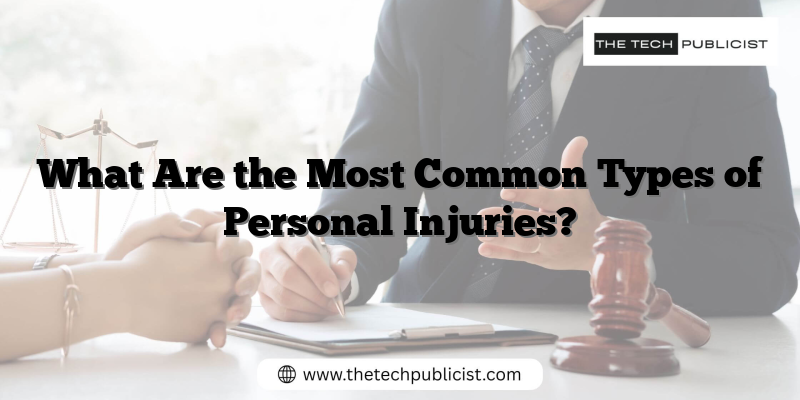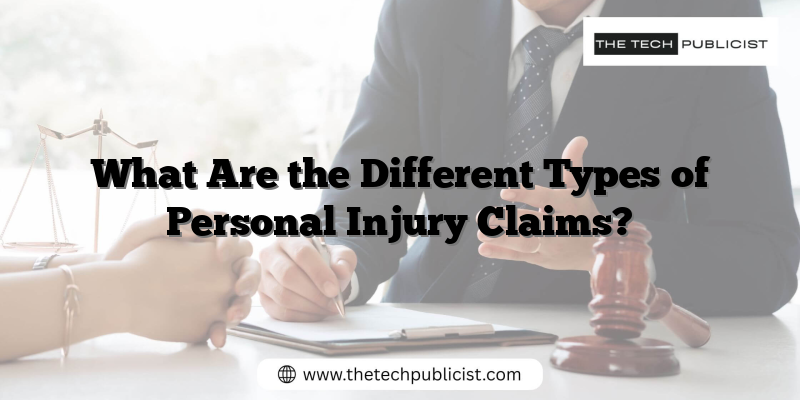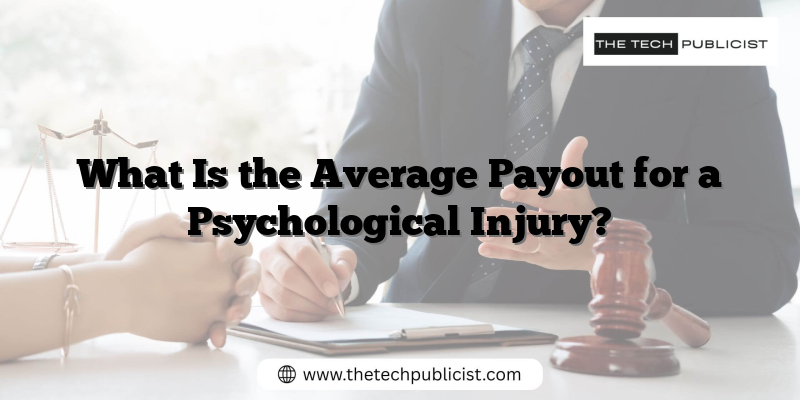Personal injuries can have a significant impact on one’s quality of life. Understanding the types of personal injuries and their implications is crucial for anyone who may find themselves in such a situation. In this blog post, we’ll explore the most common types of personal injuries, their causes, and what to do if you’re affected.
Key Takeaways
- Understanding Personal Injuries: Familiarize yourself with various types, from slips to medical malpractice.
- Possible Causes: Recognize how accidents, negligence, and other factors lead to personal injuries.
- Legal Considerations: Know your rights and potential legal actions to take after an injury.
- Seek Help: Always consult a legal professional for advice tailored to your circumstances.
Understanding Personal Injuries
Personal injuries are typically categorized as physical injuries or emotional harm as a result of someone else’s negligence or intentional act. This can range from the minor to the grave, often altering the victim’s lifestyle and wellbeing significantly.
Slip and Fall Accidents
Slip and fall accidents are among the most frequent types of personal injuries. These incidents can happen anywhere, from grocery stores to private residences. Often resulting from hazardous conditions, such as wet floors or uneven surfaces, victims may suffer severe sprains or fractures.
Road Traffic Accidents
Motor vehicle accidents, including car, motorcycle, and bicycle collisions, frequently result in personal injuries. In addition to physical injuries, victims may experience emotional trauma. Common injuries include whiplash, broken bones, and head trauma.
Medical Malpractice
When healthcare professionals fail to provide the expected standard of care, it can lead to medical malpractice. This may include misdiagnosis, surgical errors, or negligent aftercare, leading to both physical injuries and emotional distress.
Workplace Injuries
Injuries at the workplace can occur due to unsafe conditions, equipment malfunctions, or negligence. Common workplace injuries include repetitive strain injuries, falls, and accidents involving heavy machinery.
Dog Bites
Dog bite incidents can lead to severe injuries and emotional trauma. Victims may face extensive medical treatment and lingering fear or anxiety around animals. Understanding local laws about dog bites is essential for anyone who may find themselves in this situation.
What to Do After a Personal Injury
If you experience a personal injury, taking certain steps is vital for your recovery and potential legal actions:
- Seek Medical Attention: Prioritize your health. Get the necessary treatment for your injuries.
- Document the Incident: Gather evidence, including photos, witness statements, and medical records.
- Consult with a Legal Professional: Understand your rights and potential avenues for compensation.
- Avoid Discussing the Case: Limit discussions about the incident with anyone other than your attorney.
FAQs
What is the statute of limitations for personal injury claims?
The statute of limitations for personal injury claims varies by state but generally ranges from one to six years. It’s essential to consult local laws for accurate information.
Can emotional distress be claimed in a personal injury case?
Yes, emotional distress can be claimed in personal injury cases if it directly resulted from the incident. A seasoned attorney can help evaluate your specific situation.
How can I prove negligence in a personal injury case?
To prove negligence, you must establish that the defendant owed a duty of care, breached that duty, and caused injuries as a result.
What should I do if I’m partially at fault for my injury?
Even if you are partially at fault, you may still recover damages. Consult with a legal professional to understand comparative negligence laws in your state.
Are there any costs involved in hiring a personal injury lawyer?
Most personal injury lawyers operate on a contingency fee basis, meaning you only pay if you win your case.
Call to Action
If you or a loved one has experienced a personal injury and need guidance on your rights and potential legal options, don’t hesitate to reach out to a qualified personal injury law firm in your area. Your well-being is important, and the right legal expertise can help you navigate this challenging time. For more information, visit CDC’s Injury Center and NIH.
By understanding the various types of personal injuries and seeking the right advice, you can take pivotal steps toward recovery.

Manali is the founder and editor of The Tech Publicist, a legal-focused blog dedicated to breaking down complex legal topics into plain, practical advice. With a passion for empowering everyday readers, Manali writes about personal rights, property laws, and real-world legal situations that matter. When not decoding the law one article at a time, Manali enjoys diving into tech trends and advocating for accessible legal education.




